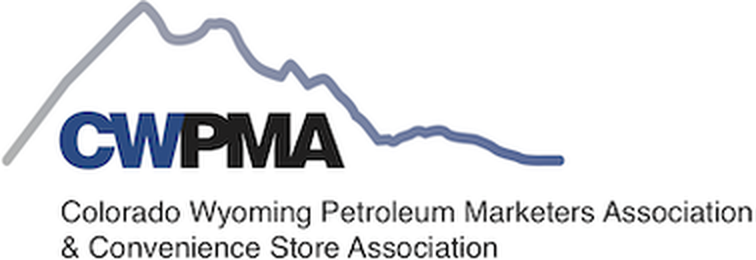COLORADO - CWPMA PASSES FIRST LEGISLATIVE AGENDA ITEM - ON THE WAY TO THE GOVERNOR!
Background
Fuel distributors in Colorado are responsible for the distribution of almost 2.4 billion gallons of gasoline diesel, LPG and other fuels that drive our economies. From the terminal rack the distribution of that fuel is handled throughout the state by transport trucks. The state has a comprehensive and detailed process for how that is accomplished through the hazardous materials routing statutes and procedural directives at CDOT.
The legislation seeks to address 2 primary goals:
1. First, adding the designation “public highway authority” to the list of entities that may petition the CSP for designation of hazardous materials routes for the roads under their jurisdiction and making sure that it is the public partner in P’3’s moving forward that has the authority for managed lane roads relative to route designation
2. Second, the bill asks CDOT to take the next step in a process that started in 2011 trying to mitigate tanker truck accidents on Loveland Pass by comprehensively outlining enhancements and rules that would be necessary for rule change consideration.
When CWPMA/CMCA partnered with CDOT and OPS to help provide and secure funding for the fire suppression system currently in operation at EJMT, part of the understanding was based on prior studies and legislative review - HB 11-1210. Prior to the fire suppression bill (HB13-1252) being introduced, the understanding was that a comprehensive analysis would be conducted to evaluate options for changes to hazardous materials transport.
In May of 2016 the fire suppression was finally installed and then was tested.
From 2006 through today several studies have taken a look at differing aspects of the infrastructure and necessary improvements that could be made. The intent of this effort is to take the base work already done and extrapolate differing options that lie outside of what the statute would otherwise allow for the state to consider.
The Associations have diligently worked with state authorities and local authorities and incorporated many of their concerns into a viable path forward since 2016. The procedural directive that is used as a baseline for engagement requires CDOT to engage a broad scope of interested parties in developing the scope of the study. However, the bill specifically assures that local governments and essential industries are including along with the state regulatory officials.
Document for Download: 2019a_032_rer.pdf







